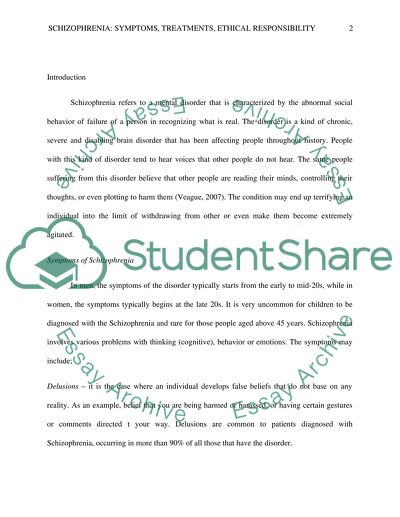Cite this document
(“Schizophrenia: Symptoms, Treatments, and Ethical Responsibility Assignment”, n.d.)
Retrieved from https://studentshare.org/psychology/1685904-schizophrenia-symptoms-treatments-and-ethical-responsibility
Retrieved from https://studentshare.org/psychology/1685904-schizophrenia-symptoms-treatments-and-ethical-responsibility
(Schizophrenia: Symptoms, Treatments, and Ethical Responsibility Assignment)
https://studentshare.org/psychology/1685904-schizophrenia-symptoms-treatments-and-ethical-responsibility.
https://studentshare.org/psychology/1685904-schizophrenia-symptoms-treatments-and-ethical-responsibility.
“Schizophrenia: Symptoms, Treatments, and Ethical Responsibility Assignment”, n.d. https://studentshare.org/psychology/1685904-schizophrenia-symptoms-treatments-and-ethical-responsibility.


